Recently updated on: August 30th, 2024
With parents becoming more and more aware of what they apply on their babies, there has been a gradual rising concern of natural and safe baby care products. Most people with sensitive skin that cannot withstand abrasive products are now using products that have been around for centuries yet are natural. This is because many African ingredients that are used in the preparation of baby food are believed to be rich in nutrition and also possess some healing properties. All these ingredients are derived from the African traditional remedies and are effective as compared to other synthetic products available in the market.
This article examines the historical importance of African ingredients in the care of babies, the advantages of using them, and the scientific support they can offer for the care of a baby’s skin.
Historical Context
African traditions and practices with emphasis on using natural products for skincare have been around for ages. These were made from the ageless practice inherited through generations and used the variety of natural plant products in the continent. The curative and moisturizing properties of the more common ingredients such as shea butter, marula oil, and aloe have been known for ages. These natural remedies were common in many African communities as they were used to provide care to infants and ensure their skin which is usually tender was well fed and protected.
These traditional ingredients were local secrets until modern science started proving how useful they are and then they became component in baby care products. This combination of traditional knowledge and modern research demonstrates that African ingredients are still relevant, providing safe and effective products for modern parents.
Key African Ingredients
Organic African ingredients that are known to be highly nutritious and beneficial for the skin have become commonplace in present day baby care products. Here are some of the African ingredients and how they can be of great help in baby skin care.
Shea Butter
Shea butter is extracted from the nut of the shea tree indigenous to West African region and is packed with vitamins and essential fats. It has thus been used for centuries as a moisturizer as well as a skin protector. Shea butter is good for the baby’s skin as it contains a high proportion of vitamins A and E that help to maintain the skin and heal in the process. It is beneficial in moisturizing and rejuvenating the skin as it forms a layer that shields the skin from dryness and itching. It also has some anti-inflammatory effects, which make it useful in the management of conditions such as diaper rash and other mild skin inflammations.
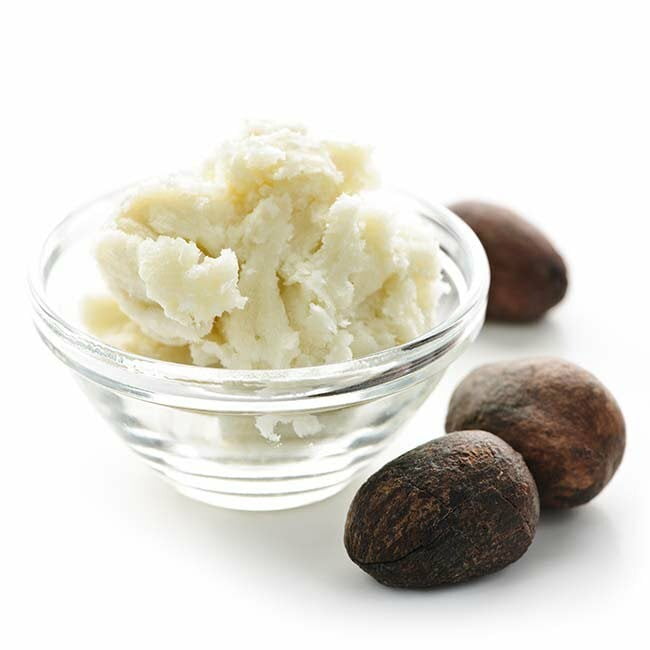
Shea Butter (Karité Butter)
Pure, full-value Shea butter for cosmetic use. It has a fresh and original composition, which guarantees a high content of vitamins A and E responsible for delaying skin aging processes. The Shea butter from our offer has the proper scent, color, and consistency because it is not diluted with other oils.
Baobab Oil
Extracted from the seeds of the fruit of the Baobab tree or the ‘Tree of Life’, the oil contains vitamins A, D, E and F and is used for its moisturizing and rejuvenating effect. Baobab oil does not leave the skin greasy and it penetrates the skin very fast hence suitable for the baby’s skin. It assists in sustaining skin flexibility and smoothness, and the vitamin C present in abundance promotes skin healing properties. Baobab oil is especially effective in relieving dry, scratchy skin and can be applied to ailments such as dermatitis.
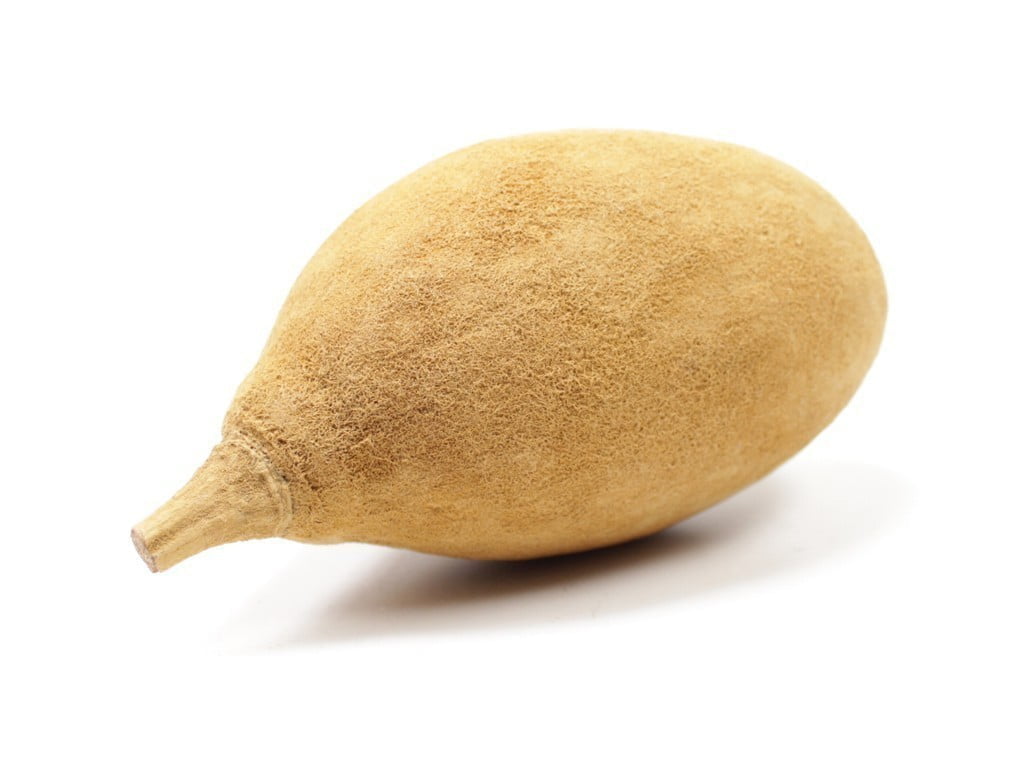
Baobab seed oil
BAOBAB OIL, COLD PRESSED is gaining increasing popularity thanks to its regenerative properties. It’s ideal for daily hair and skin care.
Marula Oil

Another wonderful African ingredient is the marula oil obtained from the nuts of the marula tree. It is rich in essential fatty acids, antioxidants, and amino acids that makes it effective in moisturizing and feeding the skin. Marula oil has no sticky feeling and quickly penetrates skin layers delivering concentrated hydration without a heavy residue. For babies, it assists in providing a soft and gentle skin texture without roughness, dryness and any form of irritation. It also has benefits as an antioxidant, which helps to shield the skin from external harm.
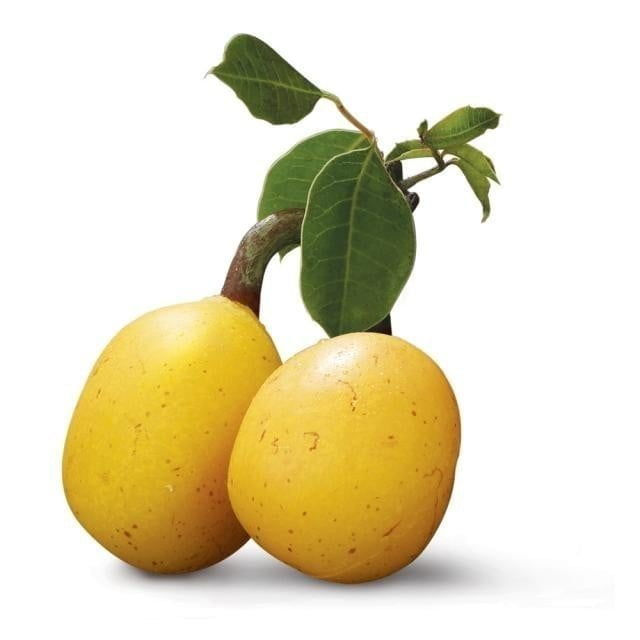
Marula oil
Marula oil, cold pressed, is a rich source of essential fatty acids Sometimes people call it the elixir of youth, and compare it to argan oil. However, Marula oil is much lighter and has a more subtle scent. It contains tocopherols which exhibit antioxidant properties.
Aloe Vera
Aloe vera which is one of the widely used herbs in African traditional system of medicine is known to have healing and anti-inflammatory activities. The natural gel developed from the leaves of aloe vera plant is mild and thus very appropriate for use on the delicate skin of babies. It aids in the treatment of small injuries such as cuts, burns, and rashes, easing the pain and inflammation. Aloe vera also provides the skin with moisture, to make it tender and free from roughness. It also possesses antibacterial capabilities that assist in reducing chances of skin infections as well.
Rooibos Extract
Rooibos is a plant that grows in South Africa; it has high antioxidant and mineral content. Rooibos extract is particularly mild and can soothe the skin and it is therefore ideal for use in products meant for babies. It assists in the reduction of inflammation in irritated skin. Rooibos contains antioxidants that help to prevent the skin from being damaged and encourage healthy skin growth. Its hypoallergenic qualities make it particularly suitable for use on babies with sensitive skin or allergies.
These key African ingredients are very effective in caring of baby skin but also have the element of traditional wisdom in them. Integrating these natural components into baby care products means that parents can offer the best and gentle touch to their babies. These ingredients are effective in emphasizing the timeless nature and benefits for skin health from the combination of ancient knowledge and contemporary science.
Benefits of African Ingredients in Baby Care
The African ingredients have the following advantages for use in baby care as they are natural and influent in solving problems affecting the sensitive skin of a baby.
Natural and Safe
Shea butter, baobab oil, and aloe vera that are sourced from Africa are natural, non-toxic and they do not contain synthetic ingredients that are potentially dangerous to babies. This make them safe for use on young babies and especially on areas of skin that are easily irritated and cause allergic reactions.
Nutritional Value
These ingredients contain many vitamins, minerals and fatty acids that are necessary for the health of skin at the developmental stage. For instance, shea butter has vitamins A and E which are good for the skin and also aid in the healing of the skin. Baobab oil contains vitamin C, which helps restore skin tissues and support the skin renewal process; aloe vera has moisturizing and calming effects.
Sustainability and Ethical Sourcing
The practices of harvesting and production of ingredients that come from Africa helps many communities and their economies. Environmental conservation aims at the sustainable use of natural resources, while economic operations provide the rightful remunerations and hence economic development in African countries. When parents decide to buy those products containing these ingredients, they not only look after their babies but also protect environment.
The use of African products in baby care procedures provides the needs of nutrition and safety, besides being environmentally friendly for both the baby and the earth.

Scientific Backing and Research
The efficacy of African ingredients in baby care products is supported by a growing body of scientific research. Studies have demonstrated the beneficial properties of these natural components, validating their traditional uses and highlighting their suitability for delicate baby skin.
Shea Butter
Research has shown that shea butter is highly effective in moisturizing and healing the skin. Its rich content of vitamins A and E, along with essential fatty acids, helps to enhance skin barrier function, reduce inflammation, and promote healing of minor irritations and diaper rashes.
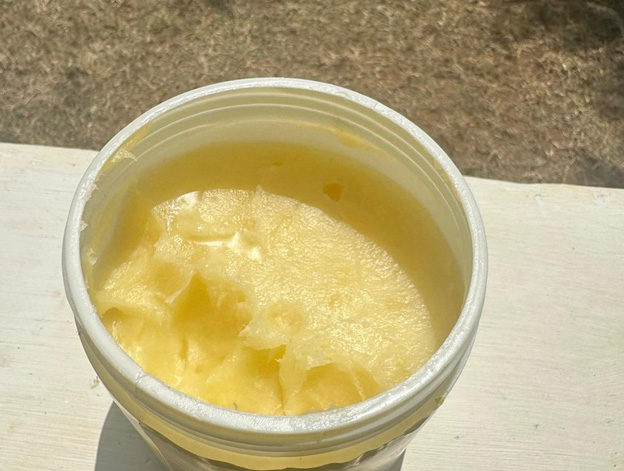
Baobab Oil
Studies on baobab oil have revealed its impressive nutritional profile, including high levels of vitamins A, D, E, and F. Its antioxidant and anti-inflammatory properties make it an excellent ingredient for soothing and protecting baby skin. Research also supports its effectiveness in improving skin elasticity and hydration.
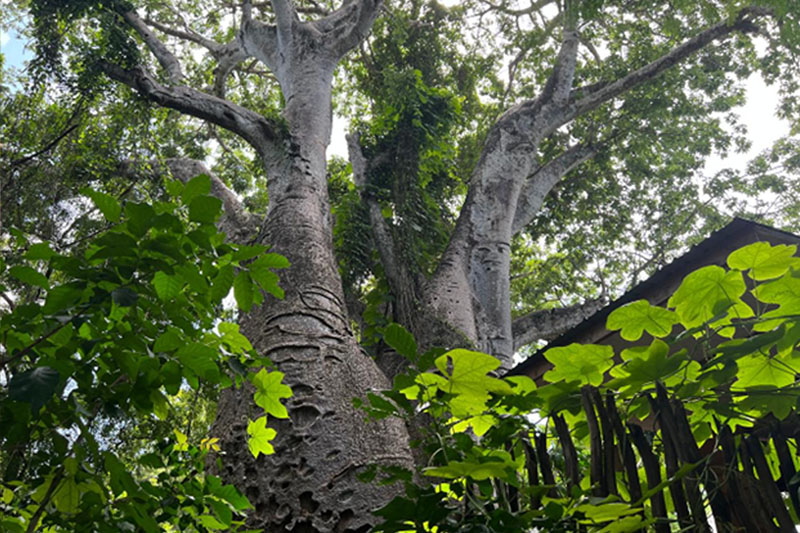
Aloe Vera
Aloe vera’s healing properties are well-documented. Scientific research confirms its efficacy in treating burns, cuts, and skin irritations. Its anti-inflammatory and antibacterial properties are particularly beneficial for sensitive baby skin, providing relief from various skin conditions while promoting hydration and skin health.
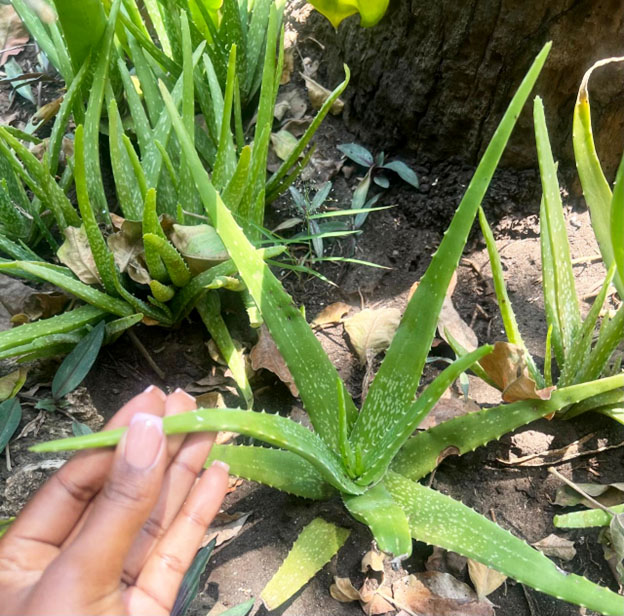
These scientific findings reinforce the traditional uses of African ingredients, providing credible evidence for their inclusion in baby care products. Parents can trust these natural ingredients to provide safe, effective, and scientifically-backed care for their babies.
Popular Baby Care Products Featuring African Ingredients
Most popular baby care brands have adopted African ingredients to be used on their products for natural and effective baby care. Many products, including SheaMoisture, Burt’s Bees Baby, and Honest Company, contain shea butter, baobab oil, and aloe vera. For instance, SheaMoisture Baby Healing Lotion contains shea butter for moisturizing the skin, while Burt’s Bees Baby Bee Nourishing Lotion contains aloe for skin sensitivity. Honest Company’s Face and Body Lotion for the baby’s skin contains the marula oil to make the skin soft and moisturized. These products focus on the advantages and increased demand for African materials when caring for babies.
How to Choose the Right Products
Deciding on the best baby care products containing African ingredients is a delicate process.
- First, check the ingredients section to see if there are basic African ingredients such as shea butter, baobab oil, or aloe vera.
- Select products that contain aspects like natural and organic on their labels and avoid products that contain synthetic components or chemicals.
- Look for labels such as USDA Organic or EcoCert, as they are evidence of quality production practices.
- Check on the brands to confirm that they do not engage in ballooning and use environmentally friendly practices. Credible manufacturers regularly offer clarity regarding the origins of the used ingredients and production procedures.
- Other sources of information include reading reviews and feedback from parents who have used the product before and can vouch for its efficiency and lack of harm.
- Last but not the least, you should consult your pediatrician or dermatologist particularly if your baby has sensitive skin or certain skin conditions.
By reading this article you can be sure to select the best products for your baby’s delicate skin by following the above guidelines.
Conclusion
The use of African ingredients in baby care products provide gentle, natural and effective solutions for the soft skin of babies. The inclusion of these traditional and scientifically warranted ingredients guarantees the best care and feeding. The parents can rely on the products containing these ingredients for the good health of their baby and the planet.
References
Asogwa, I. S., Ibrahim, A. N., & Agbaka, J. I. (2021). African baobab: Its role in enhancing nutrition, health, and the environment. Trees, Forests and People, 3, 100043.
Baki, G. (2022). Introduction to cosmetic formulation and technology. John Wiley & Sons.
Brink, S., Visscher, M. O., Carr, A. N., Rogiers, V., & De Paepe, K. (2022). Baby Care Products. In Handbook of Cosmetic Science and Technology (pp. 329-350). CRC Press.
El Hajj, M., & Holst, L. (2020). Herbal medicine use during pregnancy: A review of the literature with a special focus on Sub-Saharan Africa. Frontiers in pharmacology, 11, 542741.
Sharma, M. N. BEAUTY AND PERSONAL CARE INDUSTRY-HISTORICAL PERSPECTIVE.


